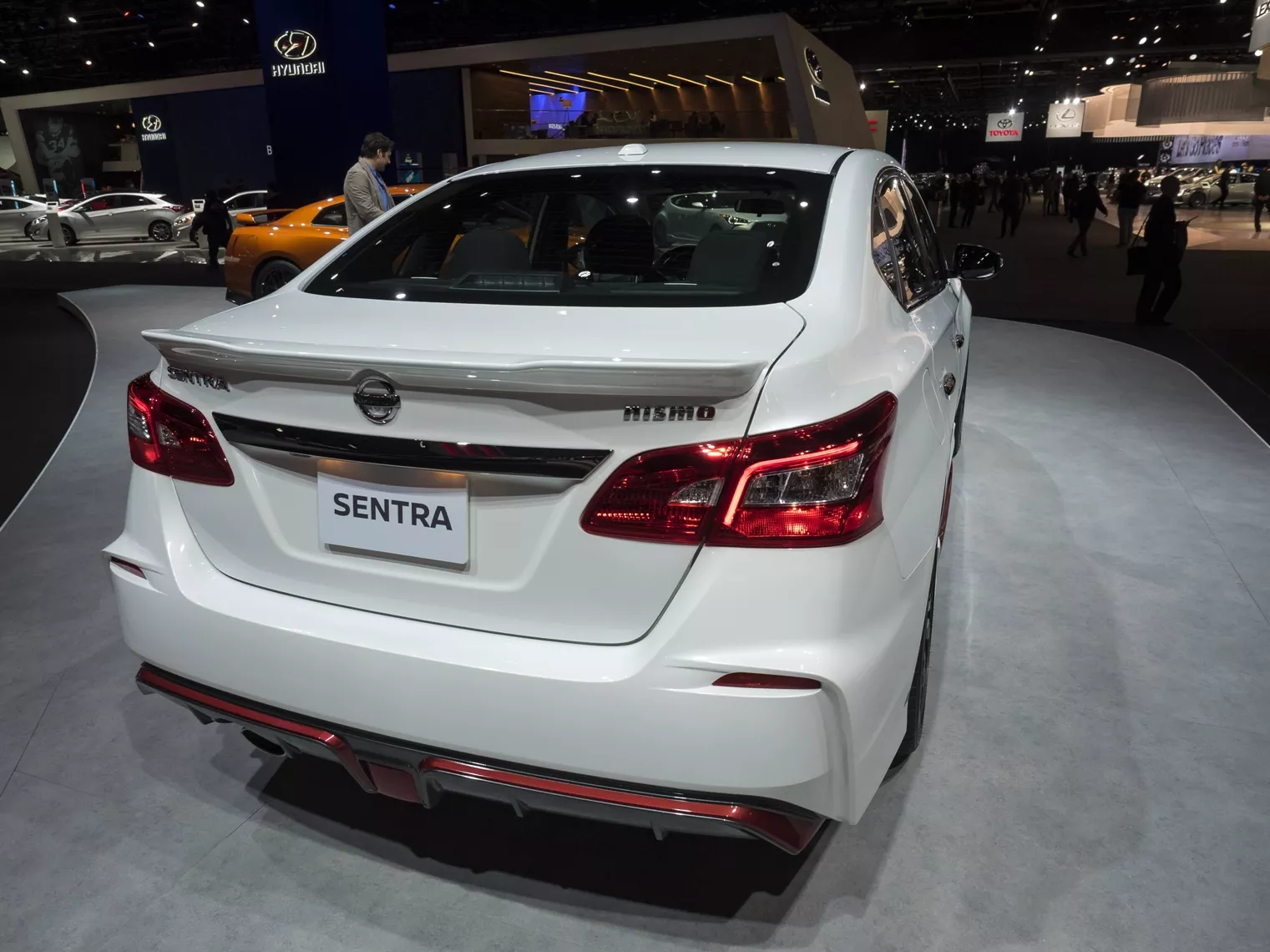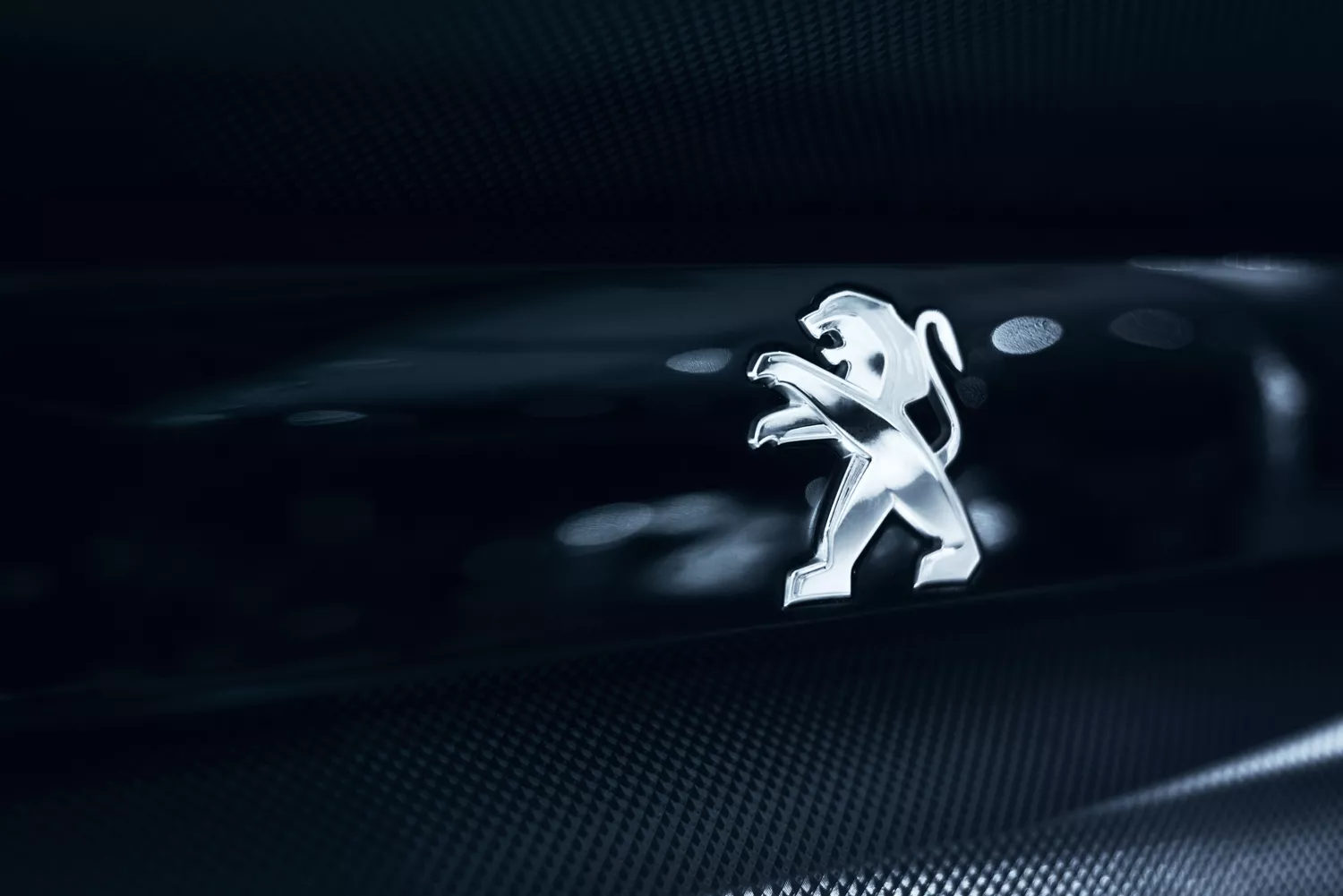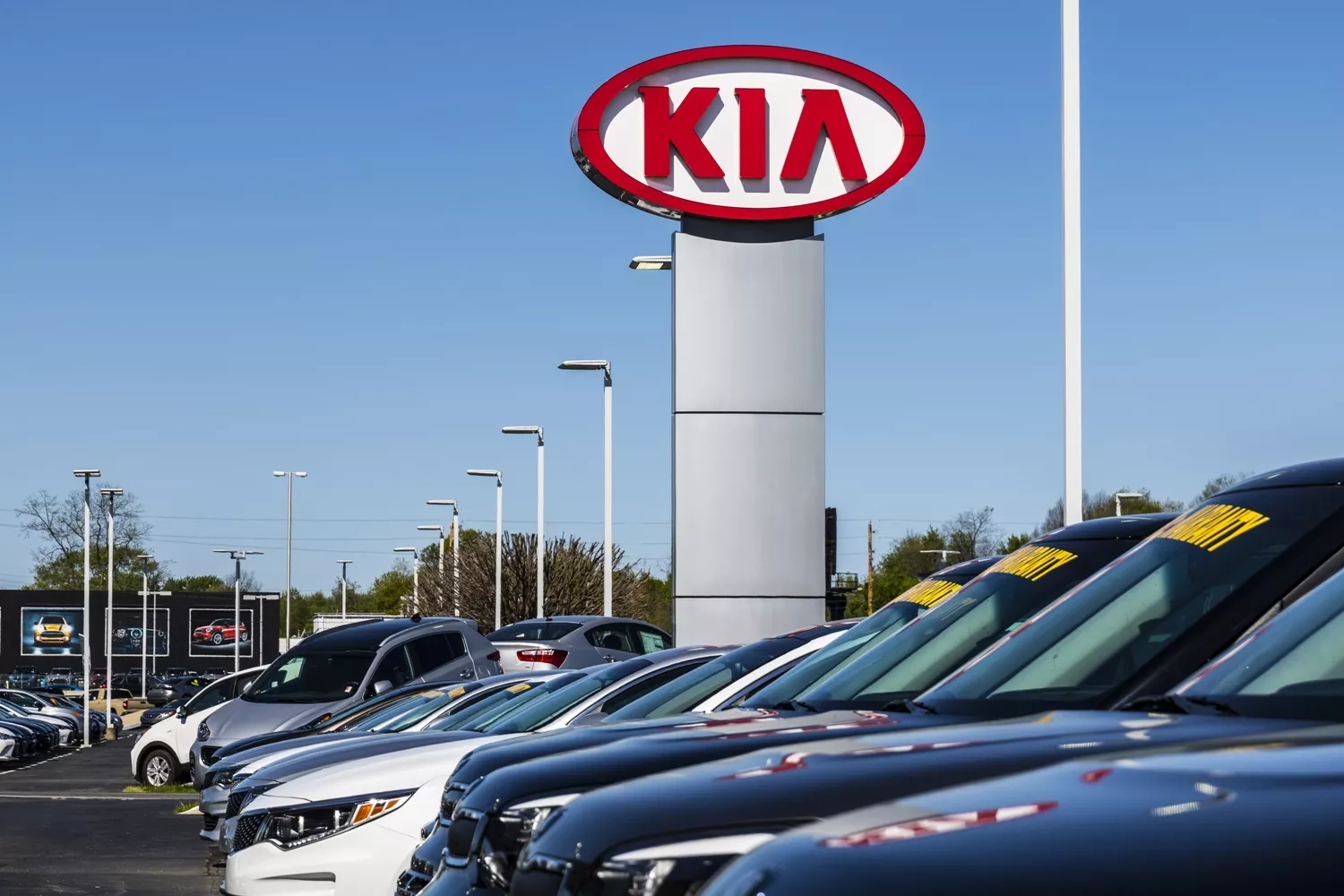While a little late in entering in the realm of electric vehicles, Toyota has finally announced it is ready to dip its fingers in EV technology.
Toyota has been the leader in the hybrid segment ever since it launched the Prius. It was also one of the first to venture into developing fuel-cell vehicles when it introduced the Mirai as well as the UX300e to its European and Chinese markets. Now, the company thinks it is all set to hop on the EV bandwagon.
In a recent announcement, Toyota shared it had developed an electric SUV for Europe, which will be based on its e-TNGA modular EV platform. The model is scheduled for preview in the next couple of months.
Bob Carter, Toyota North America’s head of sales, has also confirmed that there’s an EV, too, coming to America. It is still unclear, though, which brand it will be under.


Moreover, in a presentation for its European market, Toyota’s chief officer for its ZEV factory, Koji Toyoshima, shared the automaker is planning to globally sell 5.5 million electrified vehicles every year by 2025. Within the same time frame, Toyota is also looking to introduce 60 new electrified vehicles, some of which will be in the form of hybrids, plug-in hybrids, EVs, and hydrogen fuel-cell vehicles.
Toyota is also reportedly working on developing a mass-produced vehicle equipped with a solid-state battery pack. The target release date of this new model is on the first half of 2020, and once it is unveiled, it will be a game-changer as it will take less time to charge and provide more range compared to cars equipped with lithium-ion batteries.
Asked why it took so long for Toyota to enter the EV market, Andrea Carlucci, director of product and marketing for Toyota Europe, said the company’s hybrid technology was enough for them to comply with tough emissions standards in Europe.
“However, hybrid success has given us the foundation we need, for other electrified powertrains—which will be introduced when the time, the market, and the infrastructure are right,” Carlucci said.
He added, “And that time is getting closer.”
Any information provided on this Website is for informational purposes only and is not intended to replace consultation with a professional mechanic. The accuracy and timeliness of the information may change from the time of publication.



